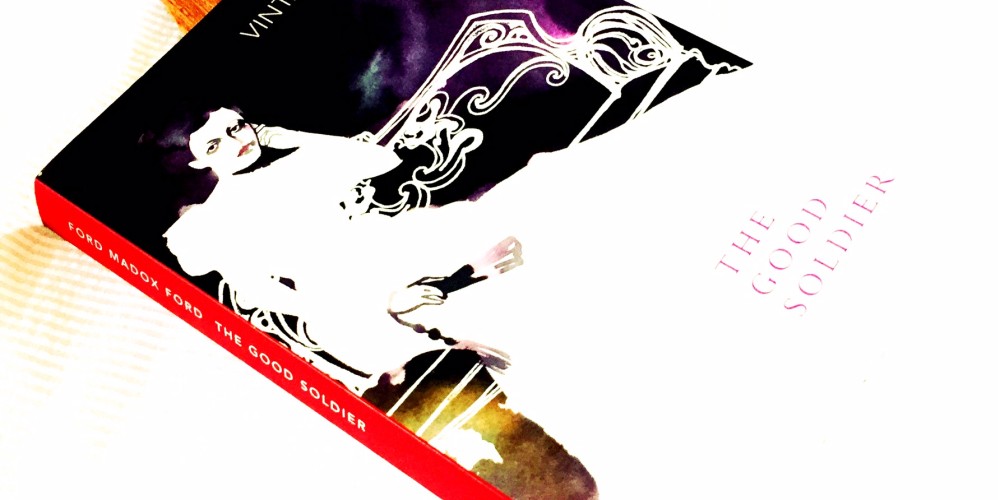Coming to terms with a digital future

I was on holiday recently, visiting a far-flung place for the first time. After my usual conversations with assorted locals, I became acutely aware of my ignorance about the place’s history, culture, fauna and economy.
I noted that the hotel I was staying in offered a library for guests. To my delight, the library was superb: it had stuffed leather chairs; a selection of daily newspapers; and most importantly, a pleasingly large selection of books. It also had a large window facing an ocean that was sending its waves crashing onto the rocks below. Bliss on earth.
I sat down to begin my research. And I did indeed find a good number of books that might tell me what I needed to know about my temporary home. But there was a problem. Searching for the information was extremely time-consuming. You had to locate the right books through lengthy trial and error; then find the right page in the right chapter; and often end up with just a single titbit of information.
That wasn’t the only problem. The books I was consulting were all written in an old-fashioned academic style. They were dry and rigorous and…rather tedious. Many of them were also out of date, containing statistics from decades back.
Frustrated, I pulled my smartphone out of my pocket, connected to the hotel’s WiFi network, and tried a different approach. My friends Google, Wikipedia and Britannica were quick and helpful. In twenty minutes I had identified the historical events that had shaped that unique place; understood its languages and ethnic makeup; seen what drove its economy; and could even name some of the birds I had been seeing swooping on the waves below.
It really, really hurts me to write this. As a lifelong bibliophile, libraries are always a source of intense pleasure. Their musty smells, their weathered seats, their hidden treasures – I love it all. Nairobi’s McMillan Memorial Library never fails to evoke a pang of nostalgia even today when I drive past it – wonderful memories of Saturday mornings spent returning books and seeking new ones come flooding back.
But is it still relevant, that world? My apps were way more efficient in locating the precise information I needed. They were up to date, and did not require anyone to make a regular investment in writing, publishing and distributing new editions. They were quick, and adjusted to my location and surroundings.
The hotel library, magnificent though it was, was empty throughout the two hours I spent there. Briefly, some young guests burst in, but retreated quickly upon realising they had walked into the wrong room. I asked myself who – other than members of that ever-shrinking group, book-lovers above a certain age – would ever come there? How long would it be before the hotel decided that the investment in the library was best diverted to faster WiFi?
When I was young, all study required sitting in dusty libraries, patiently trawling through huge tomes to extract relevant knowledge. Voluminous textbooks were at the centre of all syllabi. I look at my son’s experience of learning, and see how peripheral the library is; how textbooks barely feature any more; how the internet is the most essential resource.
Was my experience better? It required more patience and fortitude, certainly; and there was immense joy in finally finding and understanding the vital tracts of knowledge after a painful quest. But I would not impose that experience on a generation that has no need for it, any more than I would use a horse-carriage to go to work tomorrow morning.
And so I had to accept that even my own days of using libraries are over. I will adore them and visit them occasionally as a tourist, certainly; but the technology that displaces them is carried in my pocket every day. There’s just no fighting that.
Libraries will linger, but in the end I fear they will become museums that capture a bygone era, not places of utility. If at all they offer a useful function, that may be as community hubs with specialist curators who help users explore the vast reaches of the internet. Personal computing is still in its infancy, after all, and who knows where this decentralisation of knowledge will take us.
To console myself, I will now curl up with a good book. A hard-bound, printed one with a beautiful cover, mind, from my home library, which stays sacrosanct.

Buy Sunny Bindra's new book
The X in CX
here »
Popular Posts
- Snakes and Ladders, AKA your lifeJanuary 25, 2026
- The man who passed by one markJanuary 18, 2026
- Make this your year of being boringJanuary 4, 2026
- How things fall apartFebruary 8, 2026
- Pretty isn’t the productFebruary 1, 2026















